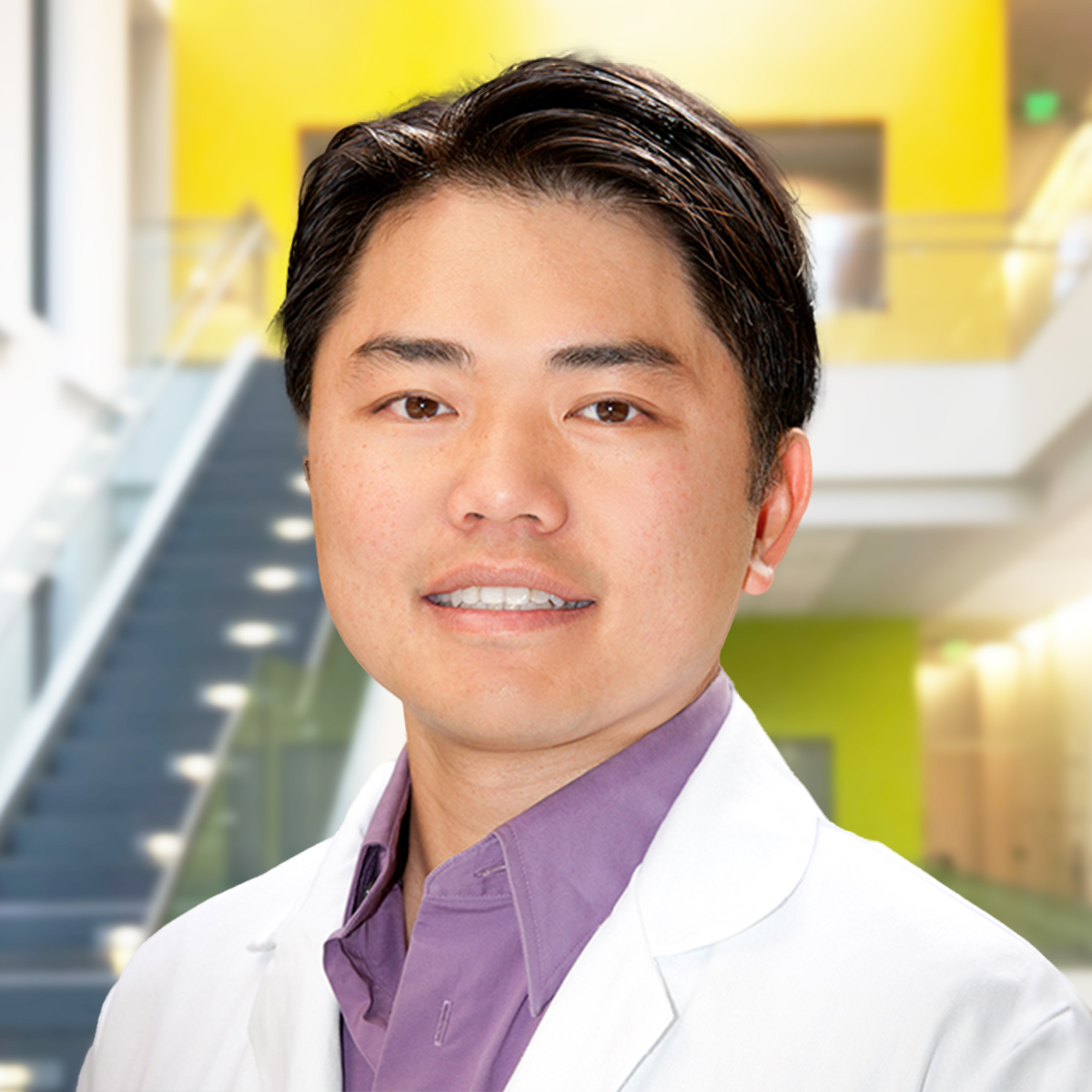Our Team

James Lee, MD
Assistant Professor
Department of Radiation Oncology
University of California, San Francisco
Immunology, tennis, rock-climbing, surfing, movies
Meet Dr. Lee
I am a physician-scientist with a research interest in resistance mechanisms to cancer immunotherapy drugs. Through innovative and diligent translational research, my ultimate goal is to see the next generation of immunotherapy treatments bring lasting and curative responses to more stage IV cancer patients.


James Lee, MD, is a faculty member in the Department of Radiation Oncology and Department of Medicine, Division of Hematology-Oncology at UCSF, a member of the Helen Diller Family Comprehensive Cancer Center and the Parker Institute for Cancer Immunotherapy (PICI). He is a practicing melanoma oncologist and physician-scientist with research expertise in immuno-oncology and decades of experience in studying complex preclinical models of checkpoint inhibitors and chimeric antigen receptor (CAR) T cell therapies. Before starting his laboratory at UCSF, Dr. Lee trained in the labs of immunotherapy pioneers Drs. Michel Sadelain, Renier Brentjens, Jedd Wolchok, and Jeff Bluestone. Dr. Lee’s scientific contributions include the preclinical and clinical testing of early CAR T cell therapies, results which supported the establishment of the FDA-approved CAR T cell treatment for CD19+ B cell leukemia/lymphomas. A core interest of his laboratory is designing next-generation cancer immunotherapeutics capable of overcoming the tolerogenic organ-specific tumor microenvironment associated with metastatic solid tumors, focusing on using difficult-to-cure liver and bone metastases models. His lab tests novel approaches combining multi-modality therapeutic methods such as radiotherapy and surgical metastasectomy with modern immunotherapy to enhance the anti-tumor immune response. The Lee Lab strives for collaborative science, teaming up with world-class immunologists, computational data scientists, and oncologists at UCSF and PICI, Dr. Lee and colleagues pioneered a method of using A.I. and machine-learning driven technology to generate spatially-resolved, single-cell, whole transcriptomic data on immune cells within liver metastases to study the origin and impact of liver metastasis associated therapeutic resistance, advancing our ability to decode the dense network of metastatic organ-specific suppressive molecular mechanisms common in stage IV solid cancers. To beat metastatic cancers, immunotherapy must overcome the body’s highly evolved, sophisticated, peripheral tolerance mechanisms co-opted to shut down the immune system. The lab is committed to meeting these challenges through diligent and innovative reversal-translational and bench-to-bedside research and to developing the next generation of immunotherapeutics that could cure difficult-to-cure stage IV cancers. The Lee Lab welcomes researchers of all backgrounds and stages of training and always strives to provide a supportive and inclusive environment to promote diversity and equity.
Education
|
Professional Experience
|
Awards & Honors
|
 |
Publications |

